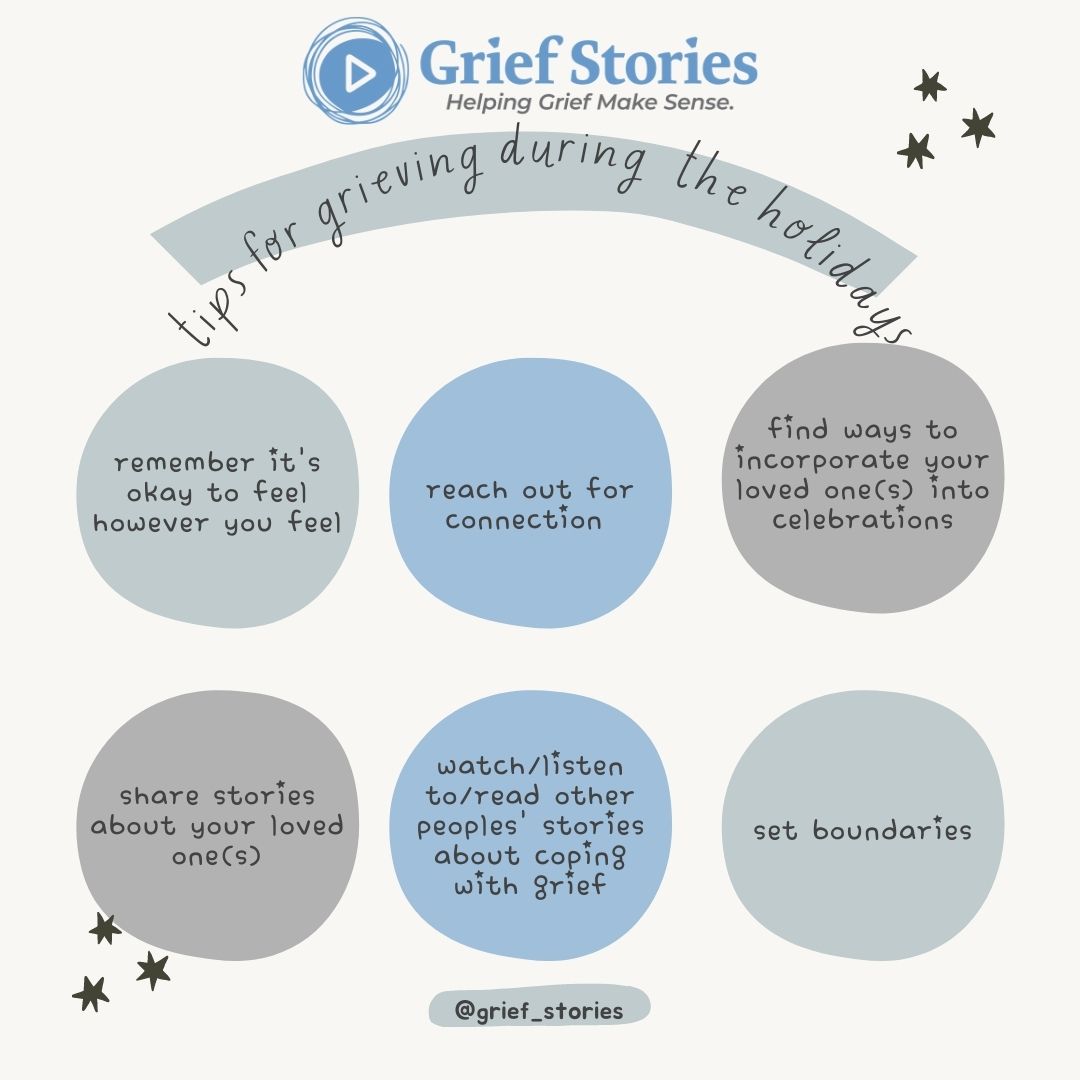Posts Tagged ‘story’
Ghosts From The Past
By Josh Abel
I met Holly riding the bus in our community. She is very attractive with a winsome smile and piercing eyes that I would trade anything for. She was also the bus driver. At that time Holly went to school to become a nurse. After becoming a nurse, Holly didn’t drive the bus that much, but one of her fellow bus drivers mentioned to me that one of Holly’s patients had died and it had a negative impact on her. It brought back ghosts from my past as I also had a job in which people died which had a negative impact on me.
I used to help people deal with their addictions. One former client relapsed and overdosed leaving a one year old child behind. I couldn’t begin to describe how sorry I felt for that one year old. Then there’s the second guessing (guilt). Could I have done more and why didn’t I see this coming? Another former client on one Mother’s day killed two of his next door neighbours. Since that time, Mother’s day has never been the same for me. I felt similar emotions for the family of the two victims. My heart went out to them and although I never met them, somehow this was one of those occasions where saying sorry just isn’t enough. The police did catch my client who wasn’t “at risk” (he came from a nice home, wasn’t involved in gangs) of committing such a crime but it still got to me anyway.
As a caring person, those incidents affected me just as Holly’s affected her. You just can’t take the human part of you out of the equation. I did tell Holly I was sorry for the loss of her patient. Holly is also a caring person and I don’t want her to experience the same negative impact as my situation did with me. They can teach you every aspect of how to perform your job except one: how to deal with second guessing. The guilt will get to you if you let it, especially if you are a perfectionist at your job. Your work ethic teaches you to be the best at your job, but there are things you are going to encounter that you just can’t control. When I started my job I wanted to help people I wanted to make an impact on people’s lives, an idealist. In my case that’s what made the guilt even more of a challenge to overcome. Although I can’t control someone else’s behaviour, Mother’s Day will never be the same for me especially since my own Mother passed away last year.
Holly if you’re reading this you are going to have a lot of success in your job and you probably won’t give it a second thought. Please give the successes more attention than the failures because that’s what makes the job enjoyable (helping people).
Holly’s true reflection is beauty and she made the bus fun to ride.
Jessica M – My Story
Jessica M – My Story
Jessica talks about losing her grandfather at 14 when her mother was terminal, her mother and aunt died when she was 15. She felt alone until she found a peer support group
The Reflection Room® project: How storytelling supports processing grief
The Saint Elizabeth Foundation offers a project called the Reflection Room – a space for thinking and talking about dying, death, and grief.
The Reflection Room project is an evidence-based participatory art installation that was developed by researchers at the SE Research Centre and Memorial University in 2016. The project included a research component that evaluated the impact of Reflection Rooms as the project adapted over time to address changing needs.
The Reflection Room project was first developed to support people in community and healthcare settings to move from death-denying to death-discussing. From the first installation, the Reflection Room project has gone through three Phases of adaptation and continues to evolve.
Common elements across Reflection Rooms, whether they are set up to include an entire room, hallway, or corner of a room, include a quiet, calming space that invites visitors to read other people’s stories and post their own. The rooms are unstructured and unfacilitated, allowing visitors to engage with the space however they wish.
Over a five-year period from 2016-2020, the Reflection Room project was installed in 62 places across Canada, including in conferences, art galleries, hospices, and hospitals (Phases 1 and 2). Over a thousand stories were shared by individuals during their visits to these various Reflection Rooms. Results from the study from this period showed that storytelling can be an important part of grieving.
In 2020, Phase 3 of its adaptation and evaluation began with the SE Research Centre being asked to expand the reach of the Reflection Room to long-term care home communities in Ontario to respond to some of the accumulated pandemic-related grief in those communities. With the support of the Saint Elizabeth Foundation, Ontario Health Central, Family Councils Ontario, Ontario Centres for Learning, Research and Innovation in Long-Term Care, and Ontario Association of Residents’ Councils, over 50 homes signed up to host a Reflection Room®. In order to adapt to the environment of long-term care homes, an easy-to-set-up ‘kit’ incorporating instructions and materials (e.g., Reflection Cards, a red curtain to display Reflection Cards, candles, etc.) was developed and sent to homes free of cost. Overwhelmingly positive feedback has demonstrated that the Rooms support communities to work through grief by having a quiet space to rest and reflect, disclose emotions, process thoughts, and feel connected to others through sharing stories. The project often is complementary to other existing initiatives in long-term care homes such as palliative care committees and spiritual programs.
A collection of the stories shared over the course of the project is available to view on the Reflection Room website.
If you want to learn more about the project, contact foundation@sehc.com and listen to the Grief Stories podcast episode 64.
Neeliya Paripooranam, MSc, is a Project and Communications Manager at the SE Research Centre, overseeing the Reflection Room® project. Celina Carter, RN PhD, is a Senior Research Associate at the SE Research Centre. Paul Holyoke, PhD, is the Vice President, Research and Innovation at SE Health. Justine Giosa, PhD, is the Scientific Director, SE Research Centre and Adjunct Assistant Professor in the School of Public Health Sciences at the University of Waterloo. Hana Irving, MA, is the Director, Philanthropic Programs for the Saint Elizabeth Foundation.
Kate – My story
Kate – My story
Kate tells her story of being away when her brother died of an opioid overdose
John – My Story
John – My Story
John tells the story of his wife became ill suddenly and died
Caileigh – My own grief and supporting others
Caileigh – My own grief and supporting others
Caileigh tells about her own grief and now it has given her a really powerful lens on how to support children going through grief as well. Along with her professional education and training, there is now a different perspective on grief and how that fits in with supporting others.
Hope – My Story
Hope – My Story
Hope tells the story of her father’s death and how it affected her and her family
Antoinetta – Story
Antoinetta – Story
Antoinetta tells her story of grief and her father getting lung cancer
Betsy – Adoption and grief
Betsy – Adoption and grief
Betsy tell her story of losing her adopted son to cancer
Tips for Grieving During the Holidays
By Alyssa Warmland
The holidays can bring up a lot of feelings, especially when you’re grieving the loss of a loved one. Whether it’s the first holiday season without someone, the holidays mark a time where someone you love died, or it’s just hard to be around celebration when you’re not feeling celebratory, December can feel heavy.
These are a few tips for grieving during the holidays:
Remind yourself that it’s okay to feel however you feel.
Feeling sad or mad? Feeling happy- and guilty for not feeling worse? Whatever comes up for you is normal. It’s okay to sit with your feelings, to give them some space when it feels right, and also to compartmentalize them if you feel like that’s best in the moment. You can acknowledge your feelings, put them in your pocket, and hold on to them during the family dinner if you want to. You can take them out of your pocket and spend time with them later. Grief is unique, and can show up in unexpected ways. It’s okay to feel however you feel.
Reach out for connection.
Sometimes we worry that we’ll make someone else upset if we mention our grief, or if we show up in a way that isn’t particularly festive. The truth is, the people who care about us want to hold space for us, even when we’re grieving. Connection can help us feel better.
Find ways to incorporate your loved one(s) into celebrations.
Did your dad have a favourite side dish your family always served at dinner? Did Oma make sugar cookies every year? Did your sister always compliment you when you wore red? Consider serving dad’s dish, or baking Oma’s cookies, or wearing red.
Share stories about your loved ones.
Sometimes it can be tempting to pretend the people we love haven’t died. As if, by not talking about them, we can pretend they’re still around. In fact, sharing stories about them can help honour them and to feel their presence. Remembering our loved ones out loud in connection with other people can feel healing.
Watch/listen/read other peoples’ stories and insights about grief.
At griefstories.org , we host stories and insights from people with lived experience in grief, as well as healthcare professionals’ insights on grief. These videos, podcasts, and blog posts are available for free 24/7, anywhere you can access the internet. Our hope is that this content may help you feel less alone.
Set boundaries.
Listen to how your body feels. You don’t have to do anything you don’t want to do. You are safe and you are worthy of operating with integrity toward yourself. Grief can be hard, and it’s okay to be gentle with yourself as you move in and through it – even during the holidays. Set whatever boundaries feel right for you. There are no rules here. You’ve got this.
Adam – Story 1
Adam – Story 1
Adam shares about losing his Mom and the many wonderful things he remembers
Adam – Story 2
Adam – Story 2
Adam discusses his busy life and how he has coped after losing his mother



